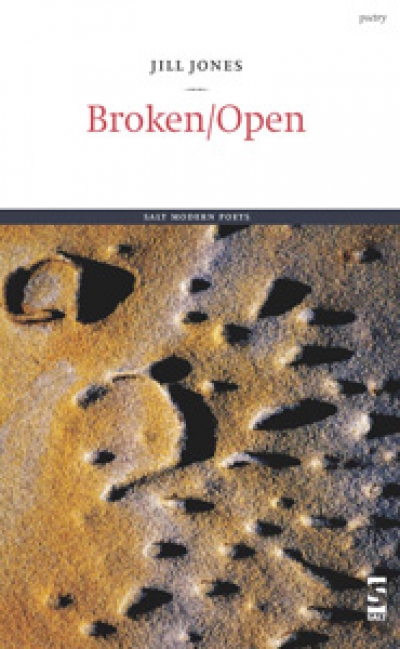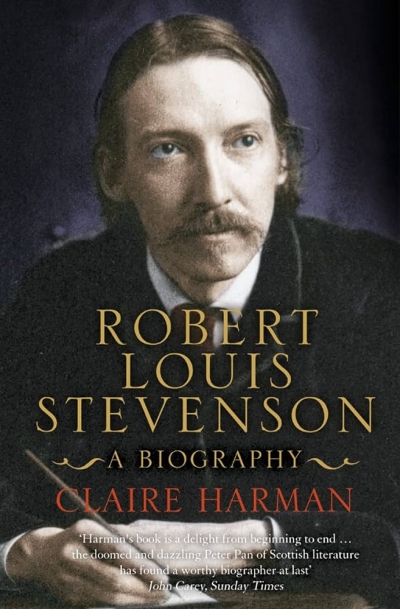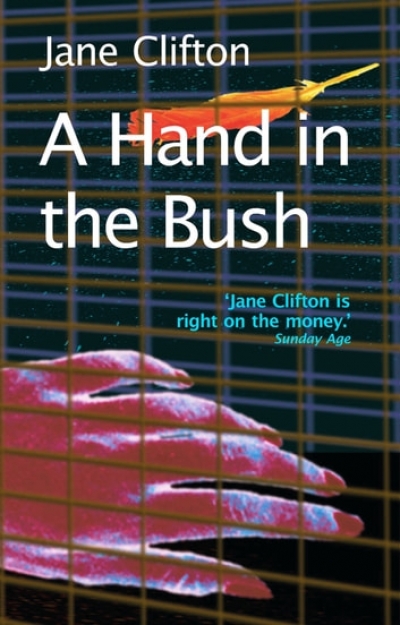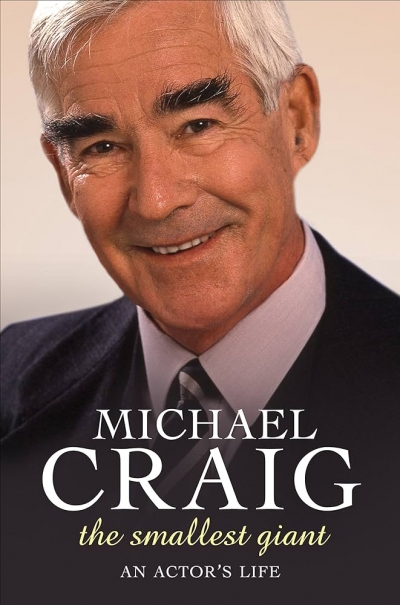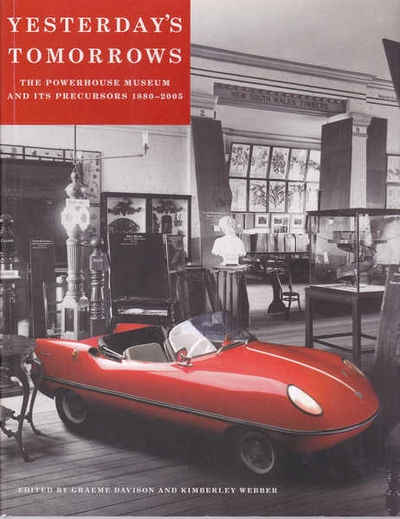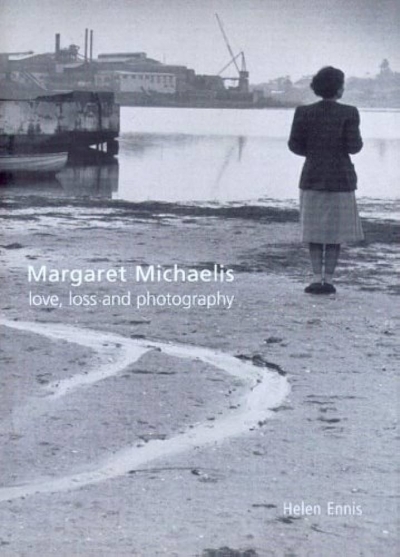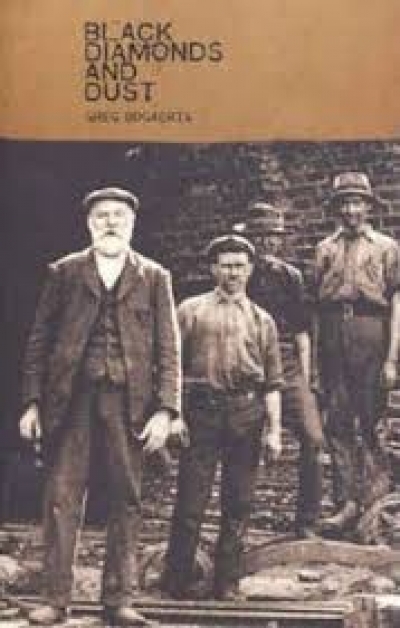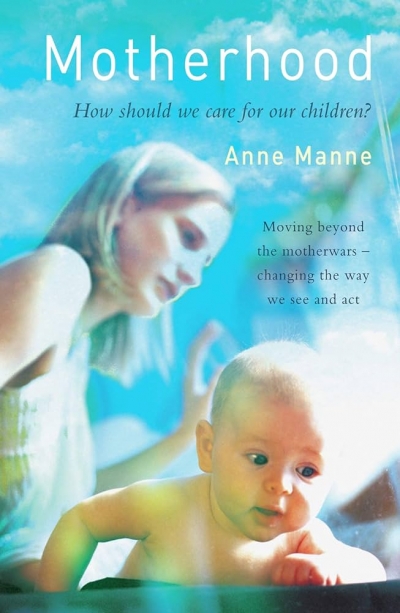Review
Australia: Nation, belonging, and globalisation by Anthony Moran
by Tim Rowse •
A Hand in the Bush by Jane Clifton & Death by Water by Kerry Greenwood
by Jake Wilson •
Yesterday's Tomorrows: The Powerhouse Museum and its precursors 1880-2005 edited by Graeme Davison and Kimberley Webber
by John McPhee •
Margaret Michaelis: Love, loss and photography by Helen Ennis
by Evelyn Juers •
Black Diamonds and Dust by Greg Bogaerts & Sandstone by Stephen Lacey
by Allan Gardiner •
Motherhood: How should we care for our children? by Anne Manne
by Cathy Sherry •



